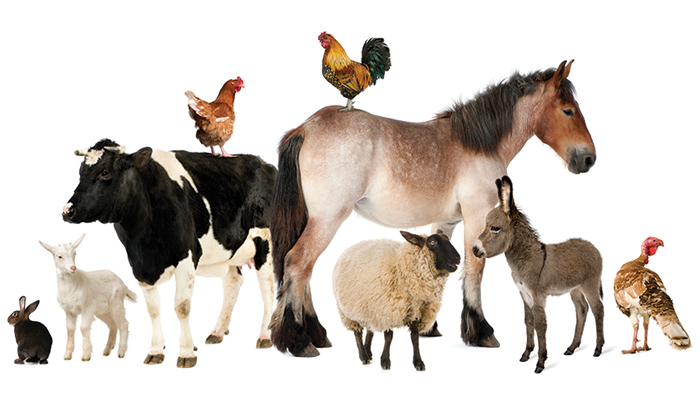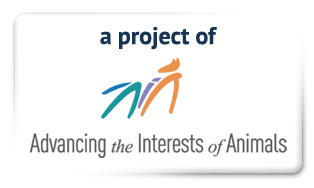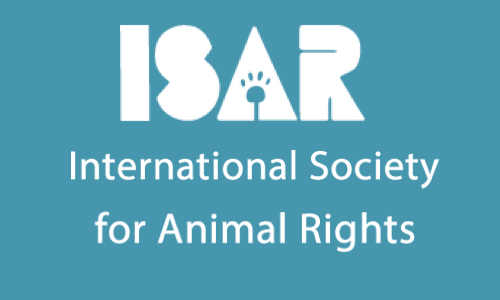To begin, Lori Welcomes back to the show, Richard Schwartz, President emeritus of Jewish Veg, formerly Jewish Vegetarians of North America (JVNA). A coalition of Jewish organizations is urging that the ancient, largely forgotten Jewish holiday of Rosh Hashanah L’Maaser Biheima (New Year’s Day for Tithing Animals) be renewed into a modern New Year for Animals, a day devoted to increasing awareness of Jewish teachings on compassion to animals and how far current realities for animals are from these teachings.
Spearheaded by the US-based organization Jewish Veg, the UK Jewish Vegetarian Society, and the Israeli Jewish Vegetarian Society, Zoom events in the US, UK, and Israel have been scheduled. They will all take place at 8 PM local times, on August 20, Rosh Chodesh Elul, the date that the ancient holiday occurred. At each event, rabbis, vegan activists, environmentalists, and doctors will speak on issues related to the renewed/transformed holiday.
Reviving and transforming the New Year for Animals is especially important in today’s world, because a shift away from animal-based diets, in addition to lessening the mistreatment of animals, would reduce the prospects for future pandemics, diet-related diseases that are afflicting the Jewish and other communities, and reduce climate change and other environmental threats to humanity.
Transforming the holiday would also::
- show that Judaism is applying its eternal teachings to today’s important issues;
- improve the image of Judaism in the eyes of people concerned about animals, vegetarianism, the environment, and related issues, by stressing a compassionate side of Judaism;
- bring back some young, idealistic Jews who are currently alienated to some extent from Judaism, especially those who are concerned about animal welfare;
- strengthen the Jewish commitment of vegetarian and vegan Jews, who are already involved in Jewish life, but feeling somewhat alienated, as they are often among a very small minority in their congregations, by creating/reclaiming a holiday that they can more closely relate to and find relevant, meaningful, and appealing;
- challenge Jews to creatively make the holiday meaningful, thereby helping to revitalize Judaism.
Peter then welcomes Courtney Lee, Professor at McGeorge School of Law to speak about animal hoarding. Her recently published article is titled, Never enough: Animal hoarding law.
Lee describes to us her main findings, including the differences between object hoarding and animal hoarding, and the extreme difficulty in treating those who hoard animals.
Animal hoarding occurs when an individual is housing more animals than he or she can adequately care for. It is a complex issue that encompasses mental health, animal welfare and public safety concerns. Animal hoarding is defined by an inability to provide even minimal standards of nutrition, sanitation, shelter and veterinary care—often resulting in animal starvation, illness and death. In the majority of cases, animal hoarders believe they are helping their animals and deny this inability to provide minimum care.
Podcast: Play in new window | Download
Subscribe: RSS




Latest invite to the US and Israeli Zoom events is at https://blogs.timesofisrael.com/invitation-to-a-zoom-event-that-considers-renewing-and-transforming-the-ancient-new-year-for-animals/
Please help spread this message.
For more information or to offer to. help, please contact me, Richard H. Schwartz at Veggierich@gmail.com.